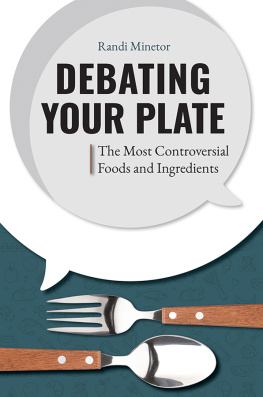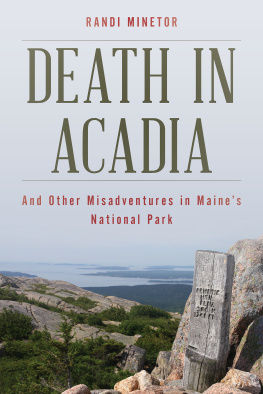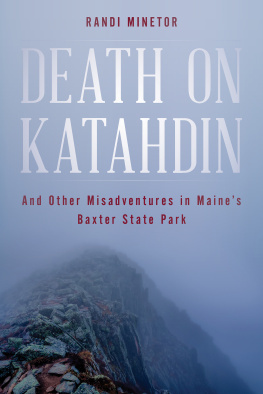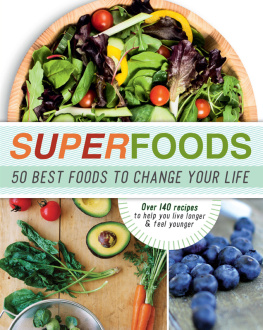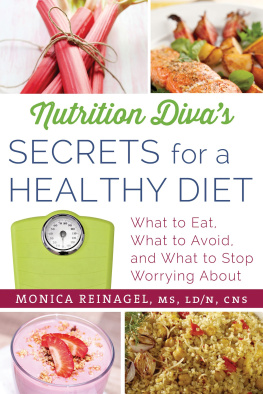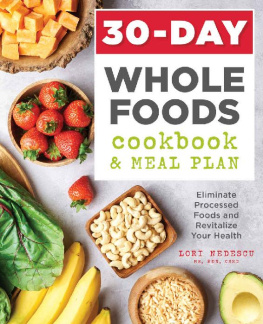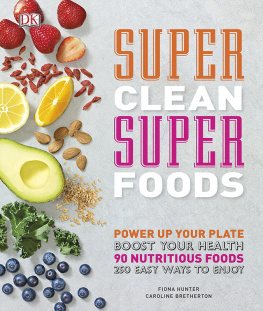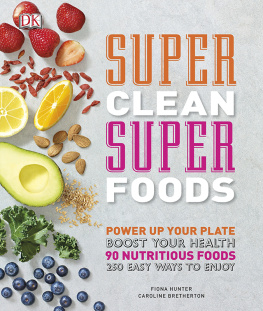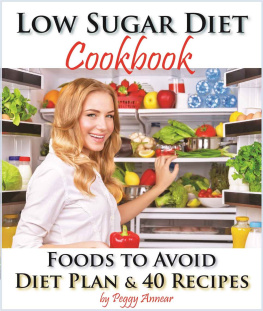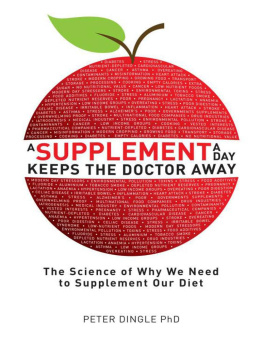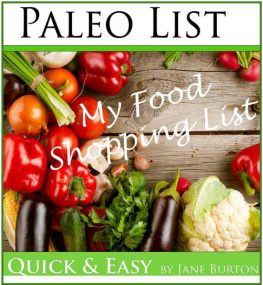Debating Your Plate
Debating Your Plate
The Most Controversial Foods and Ingredients
Randi Minetor

Copyright 2022 by ABC-CLIO, LLC
All rights reserved. No part of this publication may be reproduced, stored in a retrieval system, or transmitted, in any form or by any means, electronic, mechanical, photocopying, recording, or otherwise, except for the inclusion of brief quotations in a review, without prior permission in writing from the publisher.
Library of Congress Cataloging-in-Publication Data
Names: Minetor, Randi, author.
Title: Debating your plate : the most controversial foods and ingredients / Randi Minetor.
Description: 1st edition. | Santa Barbara, California : Greenwood, [2022] | Includes bibliographical references and index.
Identifiers: LCCN 2021009692 (print) | LCCN 2021009693 (ebook) | ISBN 9781440874352 (hardcover) | ISBN 9781440874369 (ebook)
Subjects: LCSH: Nutrition. | Food preferences. | Diet. | Food habits.
Classification: LCC RA784 .M51512 2022 (print) | LCC RA784 (ebook) | DDC 613.2dc23
LC record available at https://lccn.loc.gov/2021009692
LC ebook record available at https://lccn.loc.gov/2021009693
ISBN: 978-1-4408-7435-2 (print)
978-1-4408-7436-9 (ebook)
262524232212345
This book is also available as an eBook.
Greenwood
An Imprint of ABC-CLIO, LLC
ABC-CLIO, LLC
147 Castilian Drive
Santa Barbara, California 93117
www.abc-clio.com
This book is printed on acid-free paper 
Manufactured in the United States of America
Contents
An apple a day keeps the doctor away, the old proverb goes, one that every kindergartener has recited for more than a century, and few people would argue that apples are not a healthy snack. It may surprise readers to learn that this saying did not originally spring from the marketing department of an apple growers association. In fact, the original aphorism comes from the Welsh town of Pembrokeshire and first appeared in print in 1866: Eat an apple on going to bed, and youll keep the doctor from earning his bread.
Chances are that most parents do not take the apple prescription as medical advice, but the saying may give them enough pause that they select a shiny red apple for their childs lunch bag instead of a pack of cookies. This may be considered a positive outcome, but it tells us a great deal about how we choose what we eat and whether we can and should trust the information presented to us as facts without knowing its origins.
Innocent enough on the face of it, the apple-a-day expression made its way into the public consciousness and solidified its place there without a scrap of evidence to support its lofty claim. Apples became so synonymous with good health practices that in 2015, a team of three researchers at Dartmouths Geisel School of Medicine, the University of Michigan, and the Veteran Affairs Medical Center Outcomes Group completed an actual study to examine the relationship between eating an apple a day and keeping the doctor away.
Can you guess what they found? Some 8,399 study participants filled out a dietary recall questionnaire, and just 9 percent of these turned out to be regular apple eaters. Comparing apple consumers with the others, the researchers reported no statistical significance between eating apples and the number of doctor visits, overnight hospital stays, or mental health visits the participants reported. The only real difference, the study concluded, was in the need for prescription medications: Apple eaters seemed to use fewer medications than those who did not eat apples.
Through the ages, the apple has come to symbolize health and healthy habits, and has been used by government and private health organizations to symbolize lifestyle choices that lead to health and wellness, the researchers reported. This place in a balanced diet has not come about because the apple has some special health-giving property, but because its namesake proverb has been promoted by the lay media and powerful special interest groups, including the U.S. Apple Association.
Most consumers will not parse their way through medical journals to find the studies that support or refute the claims of advertising slogans, but they may read websites, skim magazine articles, and watch videos and television news stories that take such research and boil it down to its essence. Some of these misinterpret the studies they cover, while others oversimplify the results. Still others convolute the information to serve their own purposes or to promote a specific diet or lifestyle as the answer to permanent weight loss and good health. And many others, especially special interest groups working for food industries, pay for research to be sure that it places their product in a positive spotlight.
Debating Your Plate provides an overview of the ways in which influencers guide messages about the thousands of food choices presented to us and how these messages may mislead us. This book traces well-vetted research, questionable studies, marketing campaigns, biased and unbiased reporting, and media hype in an attempt to find some kernel of truth still remaining among the noise.
I am a journalist, not a scientist, so I cannot draw final conclusions for readers; but I have presented as many sides to each discussion as I could find to help you become a more educated consumer of food industry information. If, in the end, you make healthier and more informed choices for your own plate, this book has done its job.
As you will see from the Contents, the foods and food additives chosen here are those for which controversy continues, not those that have become matters of settled science. We know, for example, that trans fats are particularly harmful to the human body, and lawmakers have gone so far as to ban them in some U.S. regions. There is no need to debate this further, so trans fats, while mentioned in passing, do not get their own chapter. Nor does high-fructose corn syrup, another well-understood sweetener linked to many serious health issues. You will find a discussion of sugar in a section titled The History of Food Controversies and again in the chapter about fruit juices, but this book delves more directly into the question of artificial sweeteners and sugar alcohols, two hotly debated classes of ingredients.
In a world where information from multiple sources bombards every consumer, we need to be vigilant about what we accept as fact and what is obviously meant to fool us. Debating Your Plate takes on a subject that affects every human being, helps you look beyond the headlines, and finds what you really need to know about the food you eat.
Resource
Davis, Matthew A., et al. Association Between Apple Consumption and Physician Visits. JAMA Internal Medicine, May 1, 2015, 175(5), 777783. Accessed Jan. 19, 2020. https://www.ncbi.nlm.nih.gov/pmc/articles/PMC4420713
Hardly a day goes by without a new study emerging in the media, telling us that something is wrong with our food. A choice we believed to be healthy actually has the potential to ruin our good health. A favorite food turns out to be loaded with ingredients we already knew had to be consumed in moderation, tipping the scales toward harm if we dare to have an extra cookie or a second helping of potatoes.

